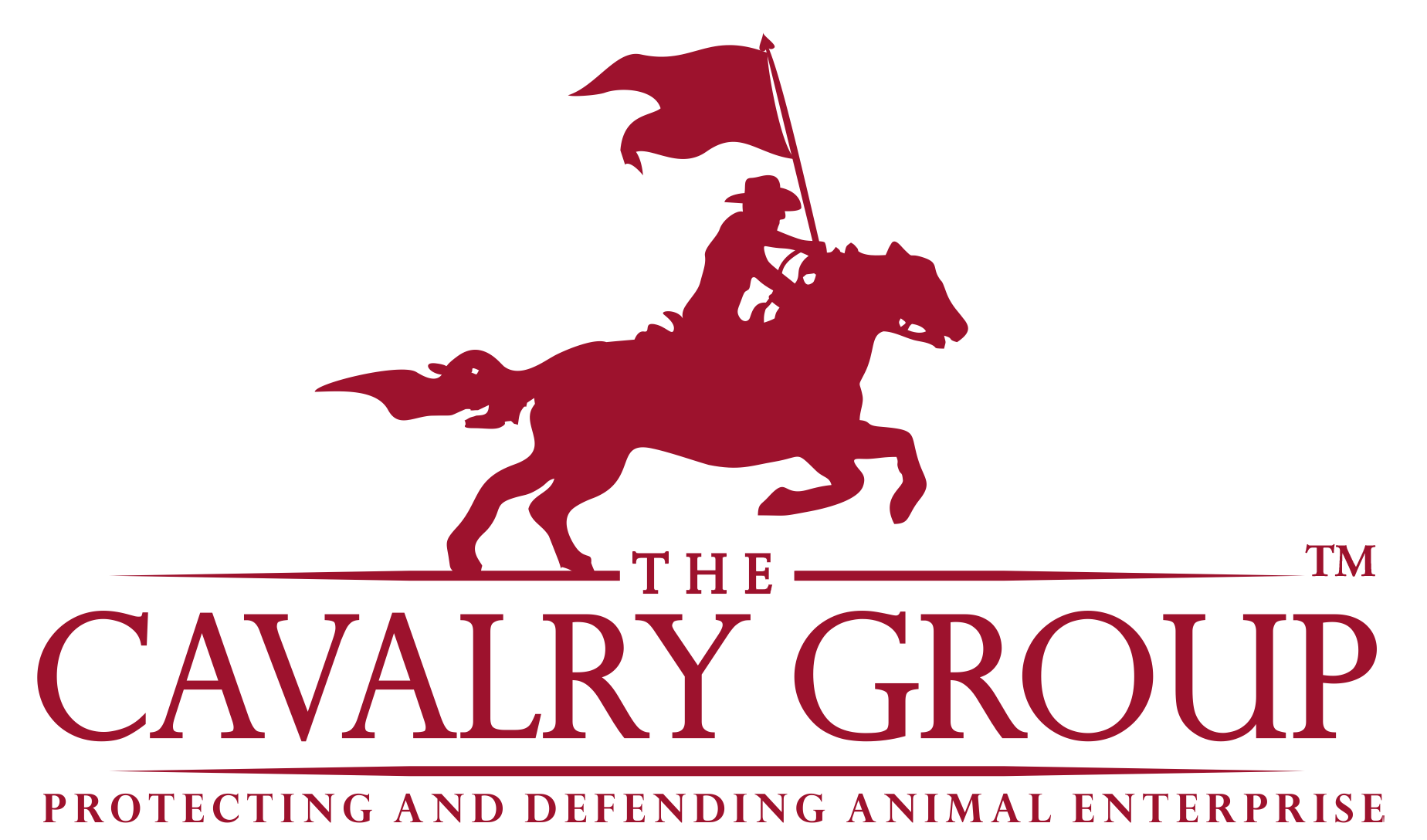Protect Animal Education & Conservation Programs – Oppose California AB 892CA AB 892 is scheduled to be heard on April 8th, 2025 at 9:00 AM Pacific Time in the Assembly Water, Parks & Wildlife Committee. AB 892 seeks to prohibit direct contact between the public and certain captive wild animals, imposing civil penalties and potential permit revocations for violations. While the bill claims to enhance animal welfare and public safety, it imposes unnecessary restrictions on lawful animal exhibitors, educators, and conservation programs. This legislation will harm responsible facilities, limit public education opportunities, and negatively impact businesses and nonprofits that rely on interactive experiences to foster appreciation and support for wildlife conservation. AB 892 prohibits public encounters (such as handfeeding, petting, holding, or playing) with nonhuman primates, bears, elephants, sloths, otters, kangaroos, wallabies, servals, and caracals held in captivity. If passed, California would join 14 other states in prohibiting public contact with specific animals. This is just the beginning. If passed, this would open the door for more legislative campaigns to include all animals, including birds and reptiles. And, what happens in California doesn't STAY in California. AB892 is An act to add Section 2129 to the Fish and Game Code, relating to wild animals and is a prohibition on direct contact with the following animals: “Covered animal” means any live member of any of the following animals held in captivity: (A) Bear. (B) Caracal. (C) Elephant. (D) Kangaroo, or any hybrid of a kangaroo. (E) Non-human primate. (F) Otter. (G) Serval. (H) Sloth. (I) Wallaby, or any hybrid of a wallaby. (2) “Direct contact” means physical contact or proximity where physical contact is possible, including, but not limited to, any proximity without a permanent physical barrier designed to prevent physical contact between the public and a covered animal. AB 892 is an unnecessary, overreaching bill that will harm legitimate wildlife educators, exhibitors, and conservationists while doing little to improve animal welfare or public safety. Instead of punishing responsible professionals, lawmakers should focus on enforcing existing regulations that ensure ethical treatment and handling of captive wildlife. Hinders Public Education & Conservation Efforts:
AB892 is Unnecessary & Overreaching Regulation:
Economic Impact on Lawful Businesses:
Contradicts Science-Based Animal Welfare Practices:
Disproportionate & Punitive Consequences:
Unfair Exemptions & Selective Enforcement:
|
CA AB 892 is scheduled to be heard on April 8th, 2025 at 9:00 AM Pacific Time in the Assembly Water, Parks & Wildlife Committee. Using our talking points provided above and our sample letter posted below, please send you emails opposing CA AB892 to the Assembly Water, Parks & Wildlife Committee at this link provided HERE. |
SAMPLE LETTER: Subject: Oppose AB 892 – Protect Animal Education & Conservation Programs – Oppose California AB 892 Dear Chair Papan, Vice Chair Gonzalez, and Members of the Committee, I am writing to express my opposition to AB 892, which seeks to prohibit public interactions with certain domesticated wild animals in human care. AB 892 is unnecessary, overreaching, and harmful to legitimate wildlife educators and conservation organizations. Public animal encounters are a vital tool for conservation education. Hands-on experiences foster a deep appreciation for wildlife, encouraging support for species conservation efforts and ethical animal stewardship. Accredited zoos, licensed educators, and animal professionals already operate under strict regulations designed to protect both animals and the public. This bill would needlessly restrict these lawful, well-regulated interactions while exempting entertainment industry professionals—revealing a clear inconsistency in its stated purpose. AB 892 would also have severe economic consequences for small businesses, nonprofits, and conservation facilities that rely on safe, controlled public engagement to fund animal care and educational programming. The immediate suspension or revocation of restricted species permits for violations could destroy livelihoods and limit public access to valuable wildlife education opportunities. Existing laws already ensure proper handling and safety standards for captive wildlife. Rather than imposing unnecessary restrictions, the state should focus on enforcing current regulations that promote ethical animal care. AB 892 does not meaningfully enhance animal welfare or public safety but instead punishes responsible professionals and limits valuable educational experiences. For these reasons, I urge you to vote NO on AB 892 and protect responsible wildlife education in California. Thank you for your time and consideration. Sincerely, |
|



